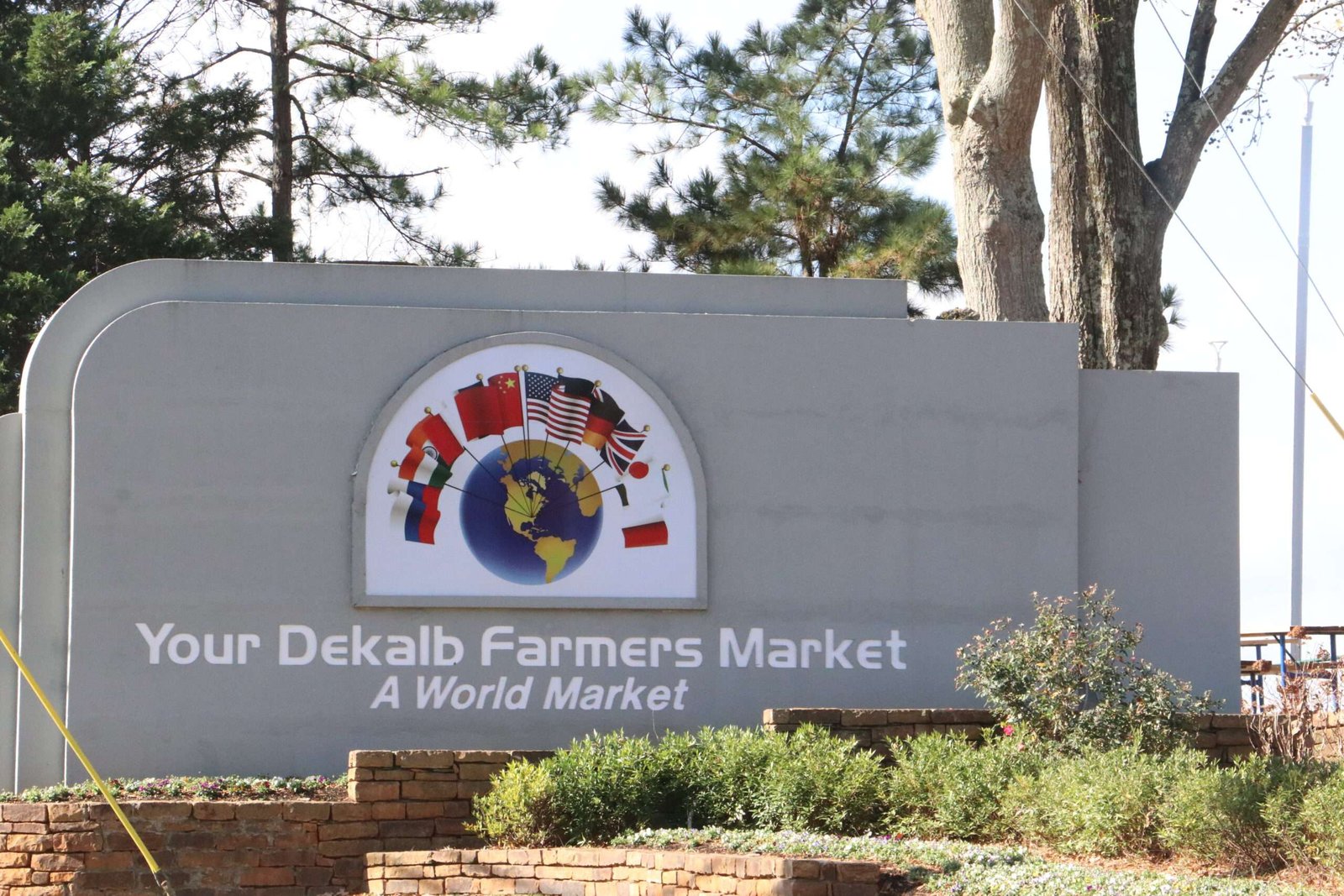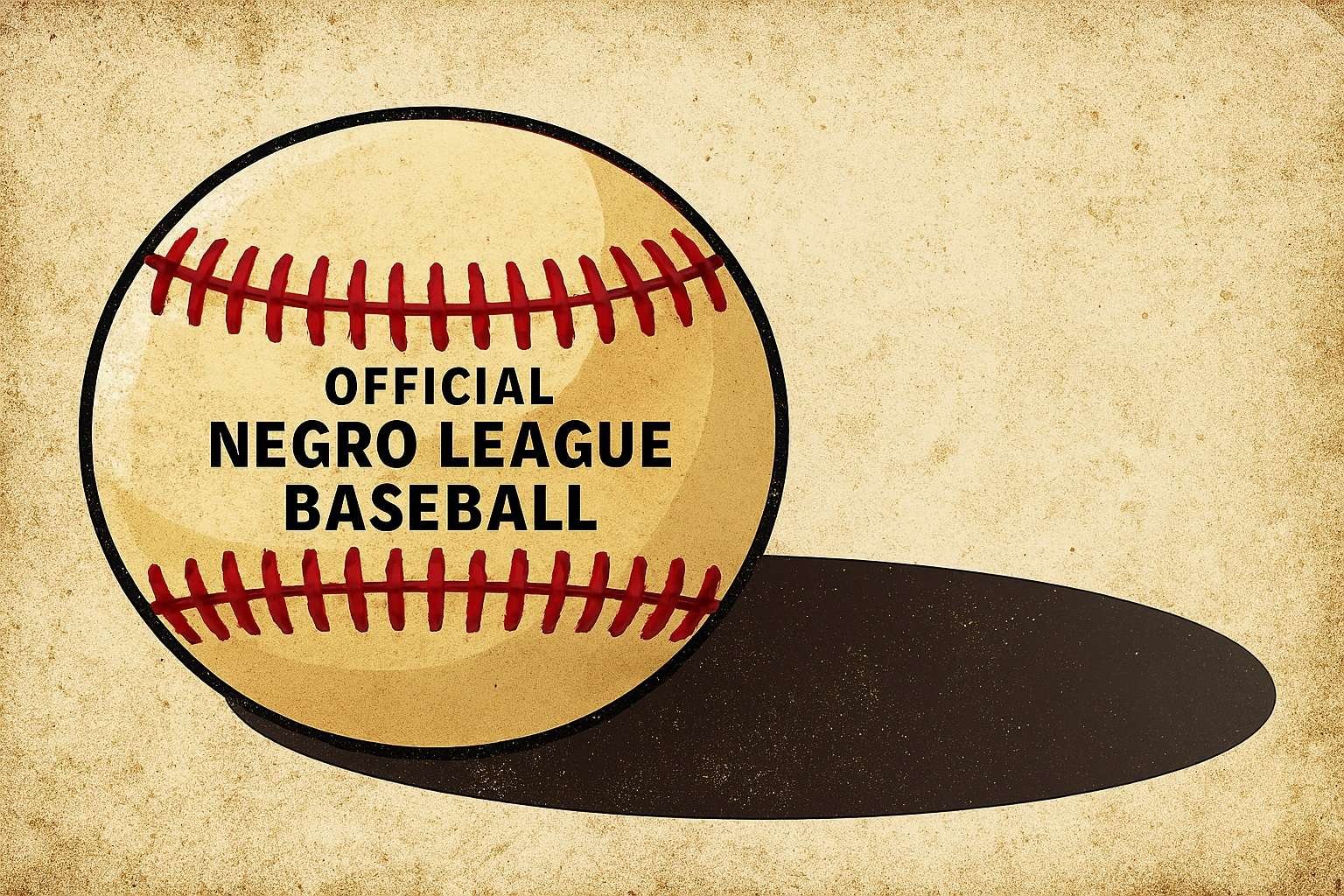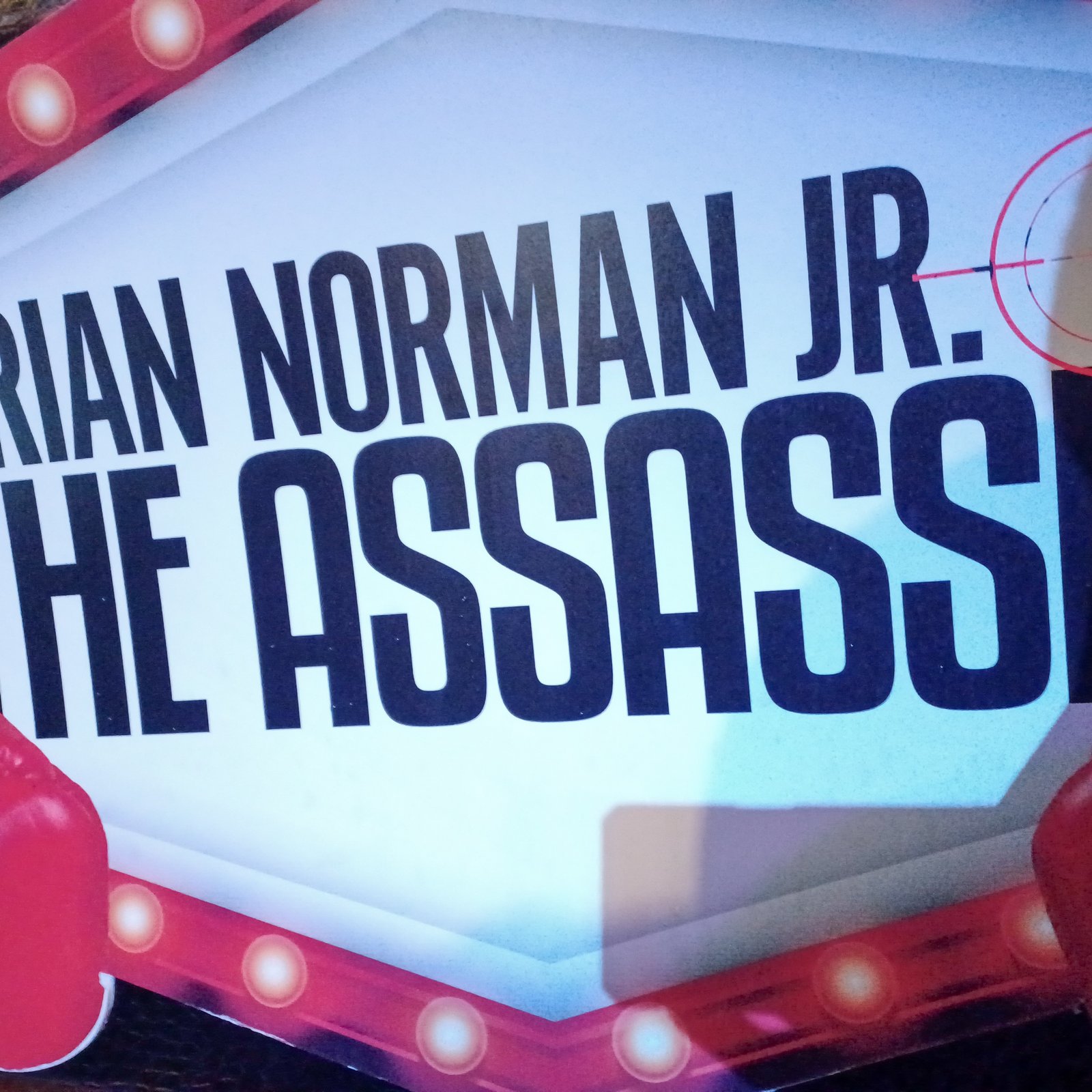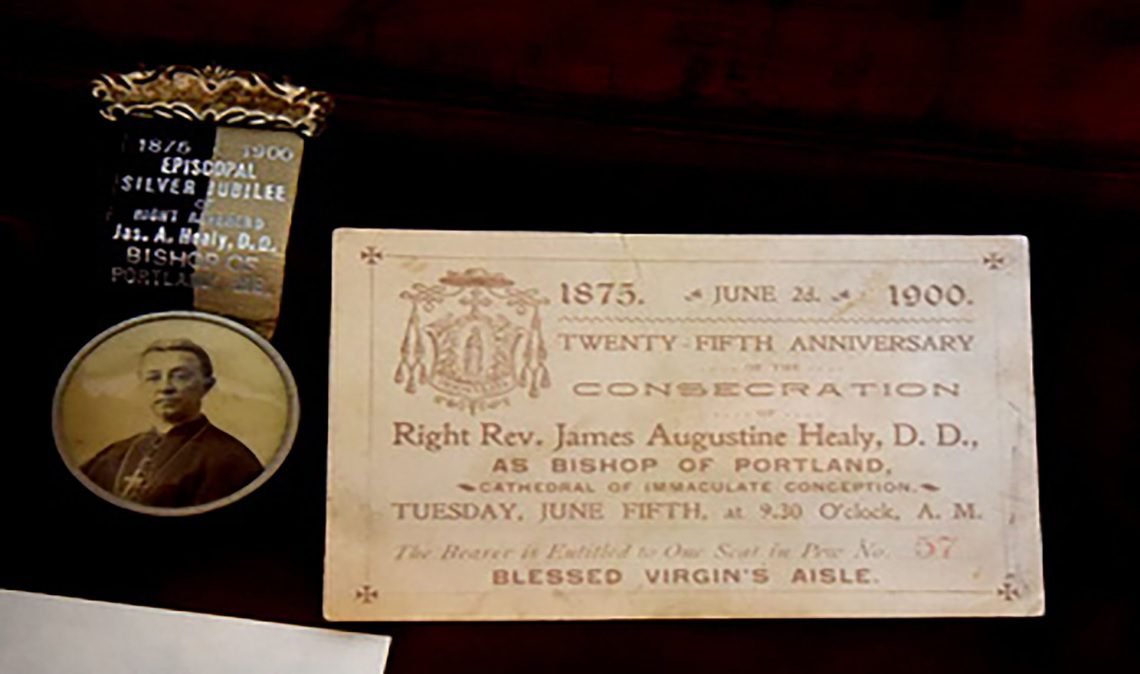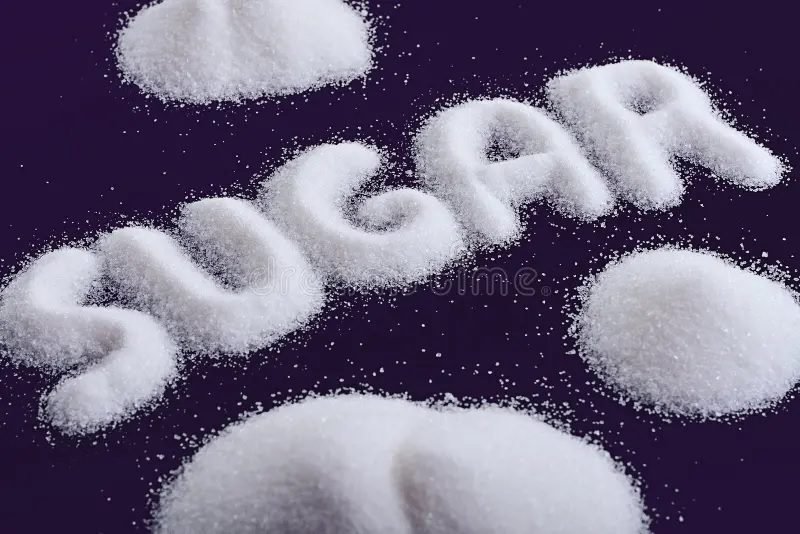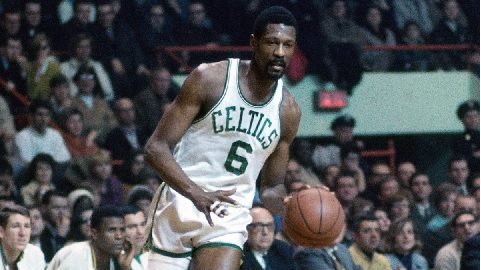
It happened in April 1966
By Milton Kirby | Atlanta, GA | April 19, 2025
William Felton Russell was more than a basketball legend—he was a trailblazer for justice, leadership, and a powerful image in sports and society.
Born on February 12, 1934, in Monroe, Louisiana, and raised in Oakland, California, Bill Russell rose to prominence at the University of San Francisco, where he led the Dons to two NCAA championships.

In 1956, he joined the Boston Celtics and forever changed the game of basketball.
Over 13 seasons, Russell led the Celtics to 11 NBA championships, the most by any player in league history. He was a five-time MVP, 12-time All-Star, and a gold medalist at the 1956 Olympics. Yet his influence reached far beyond the court.
Trailblazing Coach and Leader
On April 17, 1966, following the Celtics’ championship win and Red Auerbach’s retirement as head coach, Russell made history as the first Black head coach in NBA history. Appointed as a player-coach, he led the team while still anchoring the defense on the court. Under his guidance, the Celtics won two more NBA championships in 1968 and 1969.
After retiring from playing, Russell returned to coaching in May 1973, when he was hired to lead the Seattle SuperSonics. His tenure with the Sonics and later the Sacramento Kings marked a new chapter in his coaching legacy—bringing his wisdom and leadership beyond Boston.
Reflections from Teammates and Contemporaries
Russell’s impact on those around him is best reflected in the words of those who knew him best:
Don Nelson, former Celtics teammate, once said:
“There are two types of superstars. One makes himself look good at the expense of the other guys on the floor. But there’s another type who makes the players around him look better than they are, and that’s the type Russell was.”
John Havlicek, another Celtics great, recalled Russell’s intense focus:
“When it’s an important game or an important challenge for him—someone like Chamberlain, or someone coming up that everyone’s touting—the sound of Russell throwing up is a welcome sound, too, because it means he’s keyed up for the game, and around the locker room we grin and say, ‘Man, we’re going to be all right tonight.'”
Paul Pierce, former Celtics star, shared a more lighthearted memory:
“You know that infectious laugh that he had? He’d come in, give you the middle finger and start laughing. When he first did it to me, I was like, ‘Woah.’ And then I’d laugh, and that kind of brought the tension back down.” – NBC Sports Boston
Doc Rivers, former Celtics and current 76ers head coach, emphasized Russell’s trailblazing influence:
“Without Bill Russell, I’m not coaching.”
A Voice for Justice
Off the court, Russell was a fearless advocate for civil rights. He marched with Dr. Martin Luther King Jr., stood beside Muhammad Ali in protest of the Vietnam War draft, and never shied away from confronting racism—even when it came from fans in his city.
His principled stance made him a powerful symbol of dignity, resistance, and moral leadership in sports. He understood the platform that came with greatness and used it to push for justice and equality.
A Lasting Legacy
In 2011, President Barack Obama awarded Bill Russell the Presidential Medal of Freedom, the highest civilian honor in the United States. After his passing in 2022 at the age of 88, the NBA retired Russell’s #6 jersey across the entire league—a historic first.
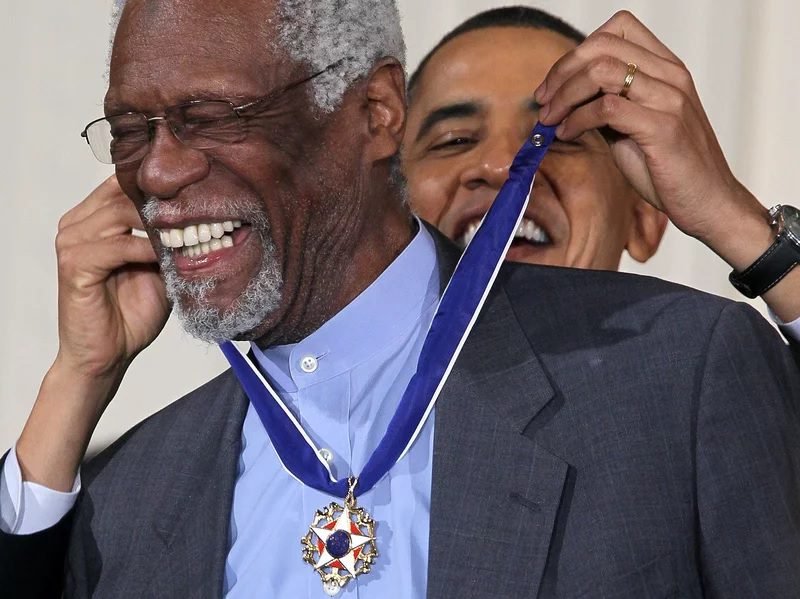
Today, the NBA Finals MVP Award bears his name—a fitting tribute to a man who truly defined what it means to be most valuable. Russell’s legacy isn’t just in the record books. It lives in every athlete who uses their platform for justice, in every team that champions inclusion, and in every fan who believes sports can elevate society.
Russell once said, “What distinguishes a champion is not always winning, but rising each time you fall.”
And rise, he always did. Bill Russell remained a champion in every sense of the word on the court, on the sidelines, and in the fight for civil rights.
Please consider supporting open, independent journalism – no contribution is too small!

